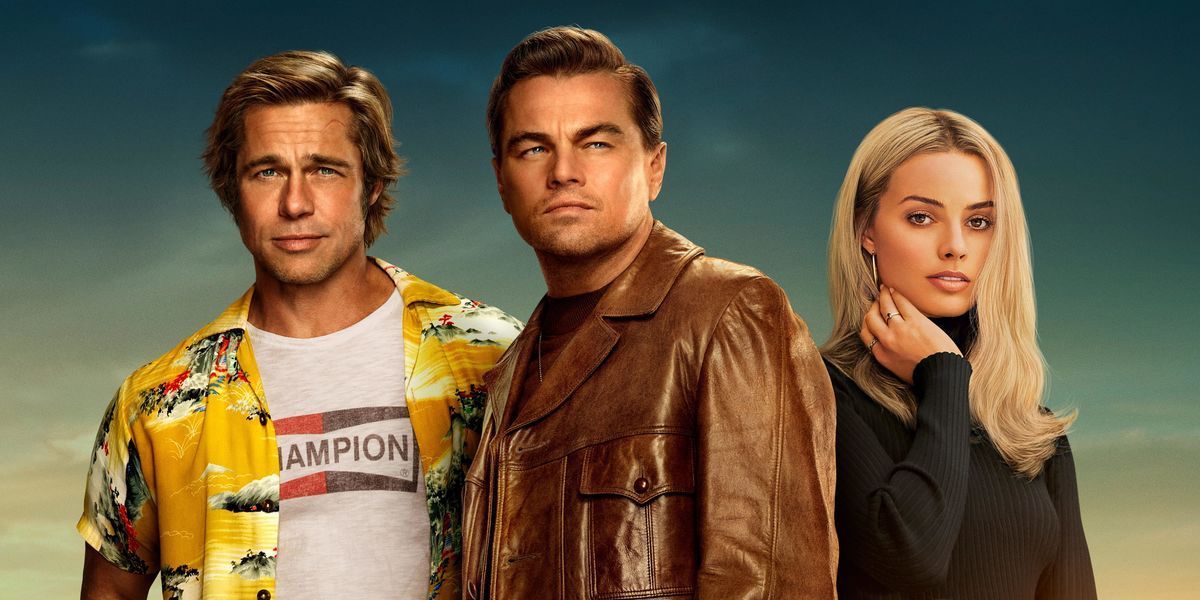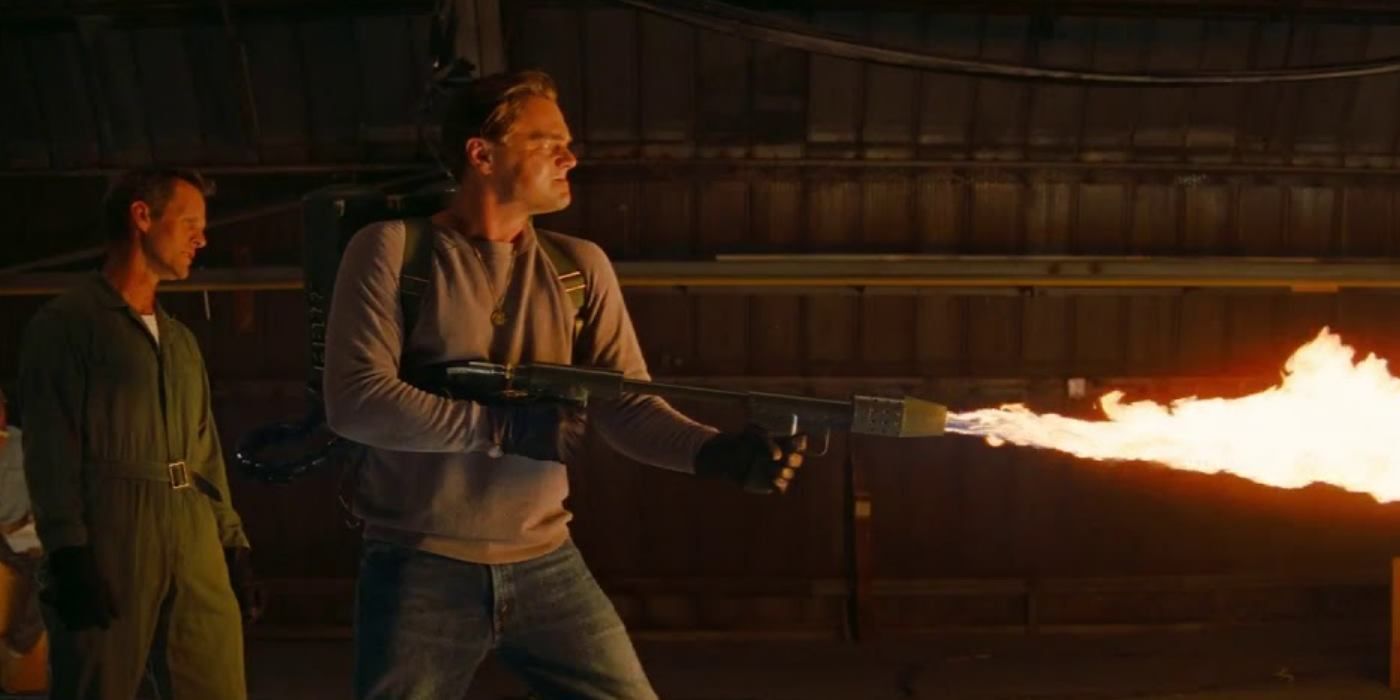In Once Upon a Time... in Hollywood, Rick Dalton passes through the Cielo Drive gate and walks up the hill for a drink with Sharon Tate and her friends, embarking on an uncertain but hopeful future after surviving a grisly encounter with the Manson Family. The movie ends there, but Quentin Tarantino's novelization of Once Upon a Time... in Hollywood reveals what happened to Rick's career after his close-call with Charlie Manson's crazed disciples.
Tarantino is no stranger to revisionist history after killing Hitler in Inglourious Basterds. In Once Upon a Time... in Hollywood, his wishful-thinking alternate reality sees his protagonists prevent the gruesome Tate-LaBianca murders, raising myriad "what-if?" questions about what would happen next. It's impossible to grasp the far-reaching effects that Tarantino's hypothetical outcome would have had on Hollywood and American society as a whole. However, the filmmaker-turned-author explained how it affected washed-up Bounty Law star, Rick Dalton.
The image of the gate slowly creaking open for the fading actor represented more than Sharon inviting her neighbor for a drink. It symbolized Hollywood and the world at large opening up to Rick and welcoming him into the fold. The ending suggested boundless opportunities for Rick to rejuvenate his career and quit living in the past. One's mind raced with the possibilities that a friendship with Sharon Tate and Roman Polanski could offer to a struggling actor.
Rick didn't exactly get the lead role in Chinatown, but his career still advanced considerably. The tale of drugged-out, brainwashed hippies attacking the former cowboy actor became the talk of the town. What started as a local story grew to national and eventually international news, as the exploits of Rick, Cliff and Brandy the pit bull captured the world's imagination. Rick, in particular, became a folkloric hero for his use of the flamethrower from The 14 Fists of McCluskey.
The optics of Bounty Law's Jake Cahill defending his family from murderous long-haired hippies turned Rick into an anti-counterculture symbol for Richard Nixon's "silent majority." As a former TV cowboy still sporting a pompadour in the late '60s, it makes sense that some political voices latched onto this episode of brutal violence as an uplifting cautionary tale.
Rick's newfound notoriety materialized in the form of more acting work. He didn't quite become an A-list star like Steve McQueen, but Rick enjoyed a more-than-modest resurgence in the limelight. Shortly after the incident, Rick was offered a guest-starring role on one of the biggest shows on TV at the time, Mission Impossible. TV Guide did an inside profile of him, and he was even asked to appear on The Tonight Show Starring Johnny Carson. In fact, Rick made quite the impression on the late-night host and was asked to come back as a regular guest throughout the '70s.
No longer relegated to playing the bad guy on episodic westerns, Rick's star power began to shine again, and he finally broke into movies. As such, what began as a horror show turned out to be a tremendous boon for Rick Dalton's career and life. Just before the Manson Family attacked, Rick's career was on such a downward trend that he believed he could no longer afford to pay Cliff. Conversely, his career would be revived on that horrible, hot August night. In Once Upon a Time... In Hollywood's novelization, Rick even confessed to Cliff, "All in all, those goddamn hippies did me a favor."


